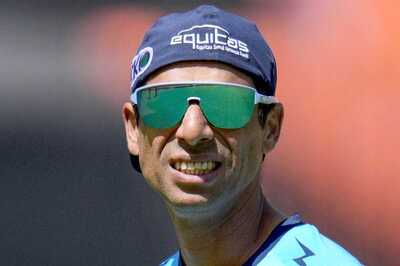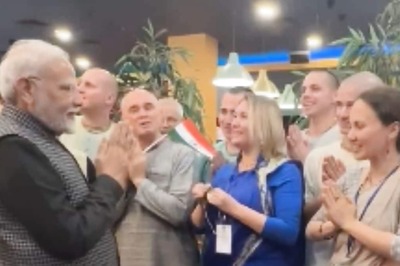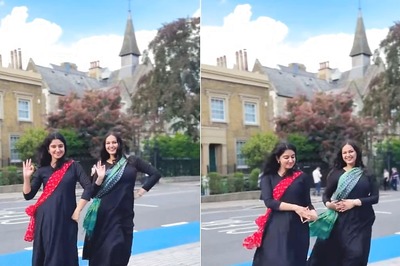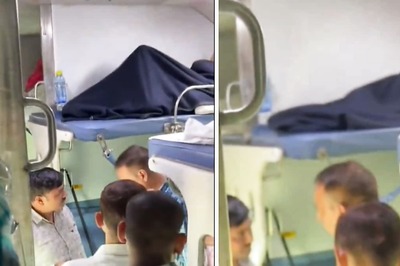
views
Bhopal: Bhopal gas tragedy survivor-turned-activist Abdul Jabbar, who fought to get justice for lakhs of victims of world's most infamous industrial disasters, passed away after prolonged illness late on Thursday.
Jabbar, 61, was suffering from multiple health issues, including blood pressure, diabetes and gangrene for the last six months.
A modest activist who worked for livelihood of thousands of survivors post the 1984 incident himself had little resources and was struggling to fund his treatment. Former Chief Minister Digvijaya Singh had visited him in the hospital on Thursday and promised him treatment in Mumbai and later CM Kamal Nath too announced to bear his treatment cost but the senior activist died by evening.
As heartfelt messages began to pour in from all quarters, the city, especially the survivors of the 1984 tragedy, remembered him as a crusader who attributed his life fighting victims' justice.
Known to residents of Old city as ‘Jabbar Bhai’, he was a household name in the gas tragedy affected areas for more than three decades.
He was 27, worked as construction worker in the digging of bore wells when the catastrophe had struck the city on the intervening night of December 2 and 3 in 1984. The city was asleep, so as Jabbar, on a chilly night when Methyl IsoCyante leaked from Union Carbide plant.
After sensing the red chilli-like odour of the gas, Jabbar swung into action taking his mother to safety and rode around 40km to Obaidullaganj. After leaving his mother at Rajendra Nagar area, he returned to his colony — just 1.5 km away from the plant — to fulfil his duty towards local residents.
Jabbar, however, lost his mother and elder brother on the fateful night.
On the personal front, he lost almost 50% vision in his eyes and had serious lung ailments due to the gas leak.
He, however, took up the fight against Union Carbide in the courts for adequate compensation for around 5 lakh victims and 25,000 who died (as per official records).
In 1987, he had set up Bhopal Gas Peedit Mahila Udyog Sangthan, a survivors’ organisation demanding sustenance allowance and compensation for the victims, especially widows of the gas tragedy victims. In his lifetime, he imparted vocational training to around 5,000 survivor women so that they could earn a livelihood for their families.
Apart from several agitations organised in Bhopal, he organised protest marches in the national capital, making quite a stir in Parliament.
After the compensation was doled out in year 1989 (though survivors still term it insufficient), Jabbar started focusing on skill development of those who were left with physical ailments after the tragedy. In all these years, Jabbar helped over 5,000 women get jobs through training imparted at his Swabhiman Kendra (an economic rehabilitation centre) in Old city.
The senior activist always rued that there was no proper compensation, medical rehabilitation, economic rehabilitation, or environmental rehabilitation after 1984 incident. But as he often said, one day we will get justice.




















Comments
0 comment